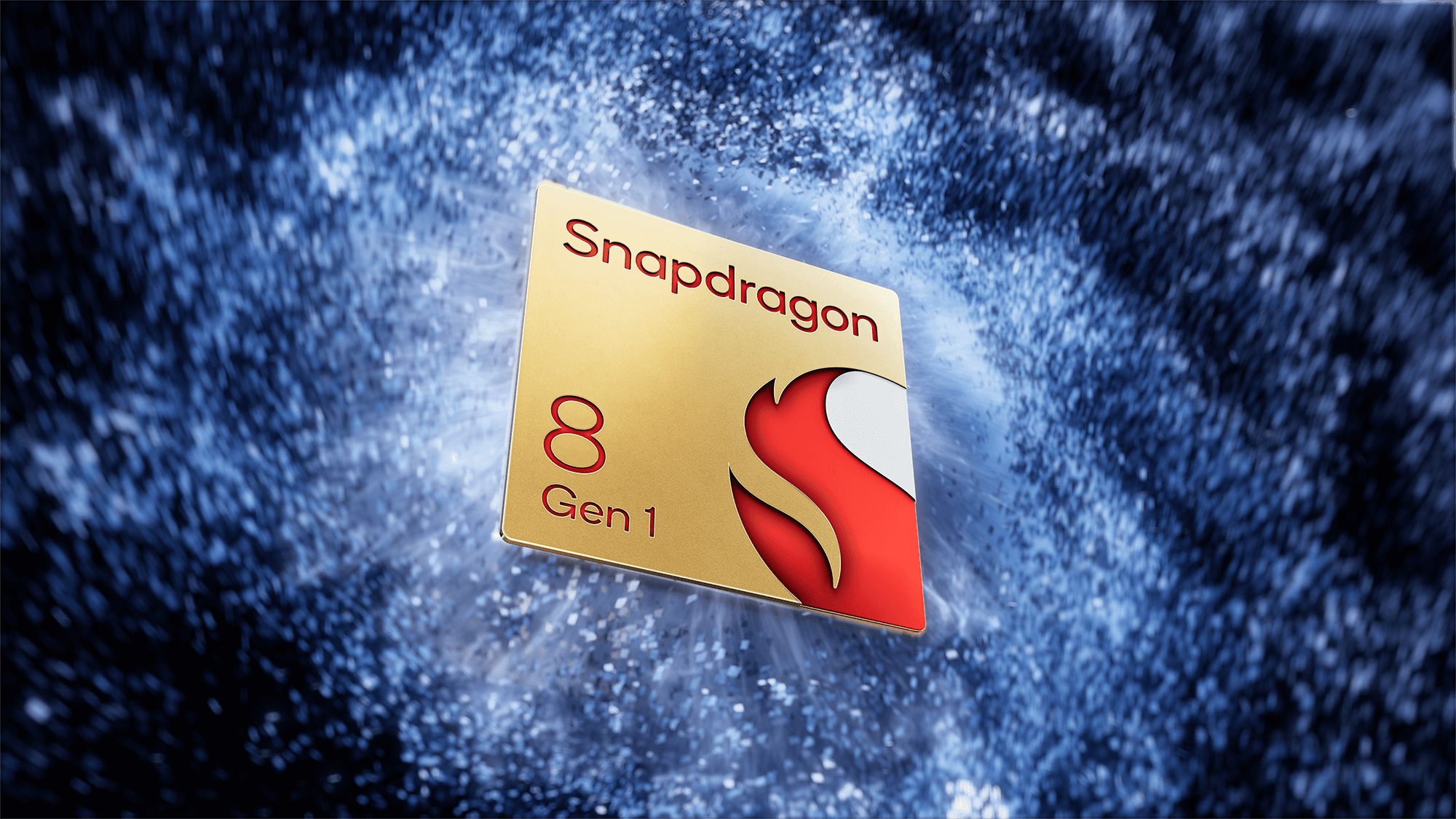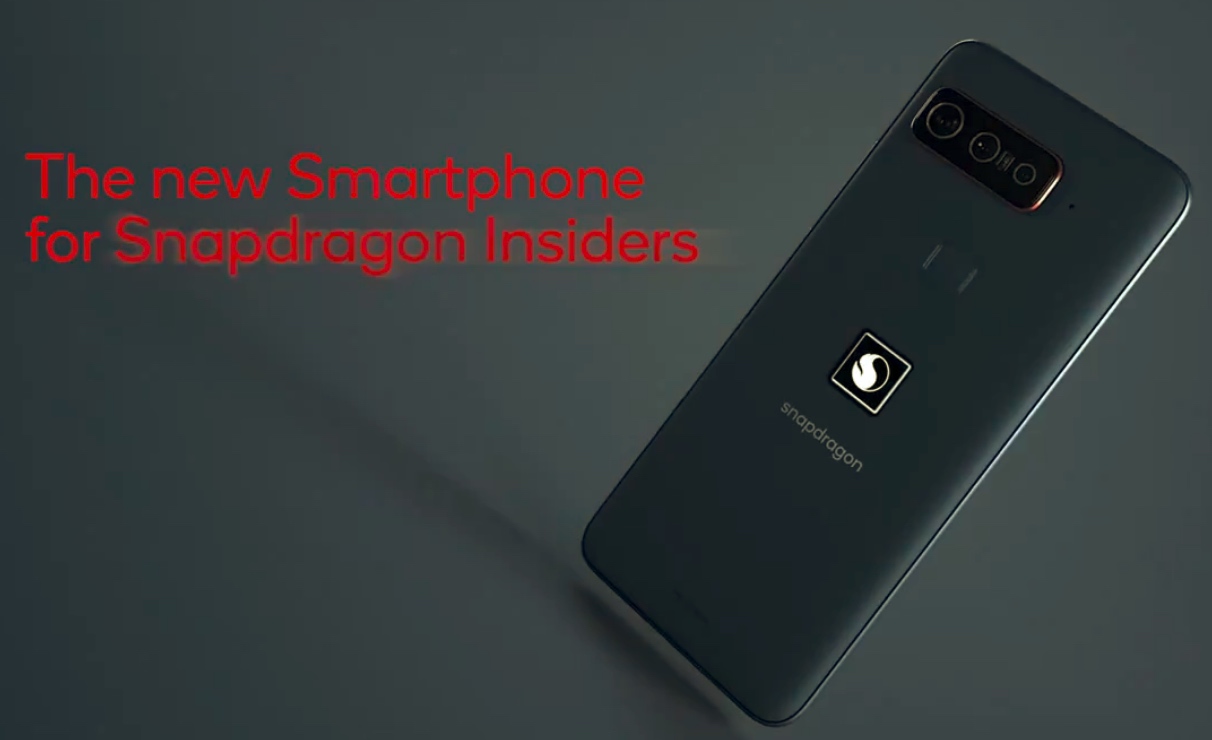![Broadcom Reportedly Interested in Acquiring Qualcomm for $100 Billion [Update: Official] 1 Qualcomm Snapdragon](https://www.androidbeat.com/wp-content/uploads/2017/01/Snapdragon-Qualcomm.jpeg)
A report claims that Broadcom is reportedly exploring a deal to acquire chip maker Qualcomm. The latter is known for its Snapdragon Mobile Platform which powers almost a billion smartphones out there. It also provides baseband to major OEMs like Samsung, LG, and Apple for their respective smartphones.
Broadcom is reportedly planning on bidding more than $100 billion for Qualcomm on cash and stock basis. Broadcom is yet to take a final decision on its bid and if it does, the bidding offer will only be made in the coming days. If the deal goes through, it would be one of the biggest takeovers ever in the industry.
Even if the deal goes through, it will come under intense scrutiny in EU as the consolidated company will have a huge control over the supply chain of smartphone components.
Broadcom supplies various chips that are used in smartphones for connectivity or other purposes. The company lists Apple as one of its largest customers. It was initially founded as the semiconductor division of Hewlett-Packard (HP) before being separated from it as a part of Agilent Technologies in 1999. Broadcom, initially under Avago, has made a string of purchases over the last decade to strengthen its position as a semiconductor company and its patent portfolio.
Qualcomm, on the other hand, is known for primarily supplying mobile APs and baseband. The company is currently engaged in a fierce legal battle against Apple with both companies suing each other for billions of dollars. Apple has even gotten its suppliers to stop paying Qualcomm which is putting an additional stress on the company. The battle between the two is primarily about the high licensing fees which Qualcomm charges. Instead of charging it for the related part, the company decides on the fees based on the total price of the phone and the unit sold. This fees also kept increasing over the years which ultimately irked Apple.
Update: Broadcom has made its proposal official now. It remains to be seen if Qualcomm will accept it and whether the acquisition will get the necessary regulatory approval or not.
[Via Bloomberg]















